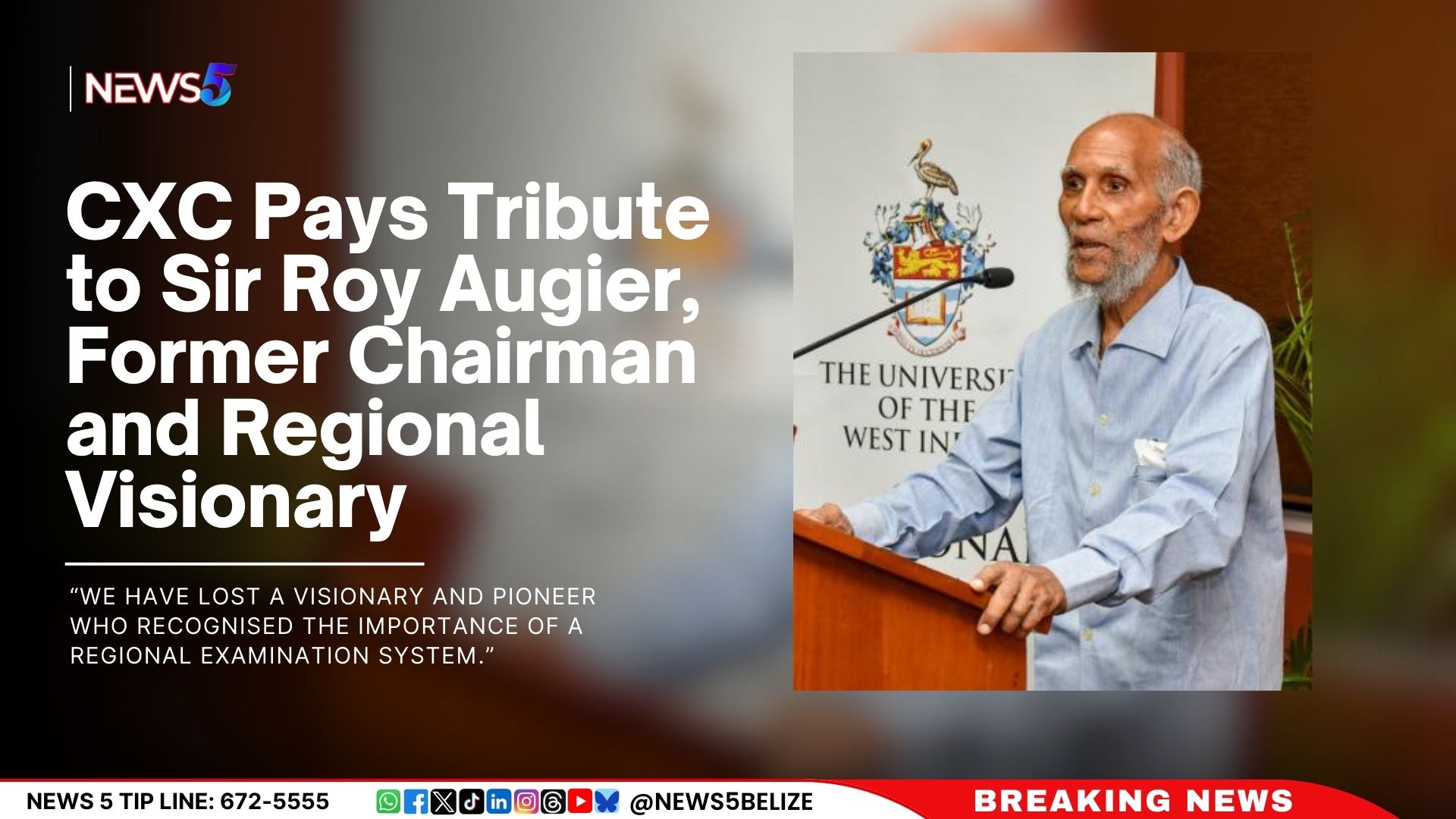Mario Lubetkin, Assistant Director-General and FAO Regional Representative for Latin America and the Caribbean
The Regional Overview of Food and Nutrition Security report 2024 underscores an undeniable reality: Latin America and the Caribbean is at a critical juncture in its fight against hunger and malnutrition. While hunger in the region has decreased over the past two years—from 45.3 million people in 2021 to 41 million in 2023—progress remains uneven and fragile. The situation is particularly concerning in some subregions, such as the Caribbean, where the hunger rate has risen from 15.4% to 17.2%.
The COVID-19 pandemic left deep scars, exacerbating existing structural inequalities and weakening food production and distribution systems. Adding to this are the devastating impacts of climate variability and extreme events—droughts, storms, and floods—that now affect 74% of countries in the region with increasing frequency. These persistent challenges not only reduce agricultural productivity but also drive-up food prices, limit availability, and compromise the stability of agrifood systems. Vulnerable populations bear the brunt of these disruptions.
Food security is closely linked to climate resilience. To ensure a hunger-free future, it is essential to promote sustainable agricultural practices that integrate nutritious foods into healthy diets, improve productivity, and mitigate environmental impacts. This includes fostering climate-resilient crops, adopting clean technologies, and protecting natural resources. At the same time, social protection programs must ensure access to nutritious food, especially during crises.
The ongoing transformation in the region, while still facing significant challenges, has demonstrated, over recent years, a strong commitment to collaborative efforts aimed at achieving more sustainable and coherent outcomes.
There are tangible and encouraging signs that governments in Latin America and the Caribbean have embraced the fight against hunger and poverty as an unavoidable priority—an urgent necessity that calls for concrete actions to ensure sustainable development. Hunger is incompatible with peace, development, productivity, and, of course, sustainability.
The Food Security, Nutrition, and Hunger Eradication Plan of the Community of Latin American and Caribbean States (CELAC FSN Plan 2030) is a milestone. It provides a valuable platform for coordinating efforts, sharing knowledge, and developing common strategies. The upcoming Meeting of Agriculture Ministers of CELAC 2025, to be held in Comayagua, Honduras, in early February, represents an opportunity to solidify these commitments and advance the implementation of policies and actions that strengthen food security and improve nutrition across the region.
However, government efforts alone are insufficient without the participation and contributions of multiple sectors. The fight against hunger requires a comprehensive approach that considers not only food availability but also accessibility, utilization, and stability in changing contexts. Broad collaboration among actors is and will remain essential to building more efficient, inclusive, resilient, and sustainable agrifood systems.
Latin America and the Caribbean’s progress in reducing hunger is at a historic moment, with implications for the region and globally. The fight against hunger has become a race against time. Yet, this region has demonstrated its potential to become a beacon of resilience, prosperity, and commitment to global objectives. Its contribution is key to ensuring a more just and sustainable future for all.
As Assistant Director-General and FAO Regional Representative for Latin America and the Caribbean, I have had the privilege of being part of this journey over the past years. However, this work does not belong to one individual or organization; it is a collective effort—a chance for each of us to contribute to a world free of inequality, hunger, and poverty, ensuring that no one is left behind.
